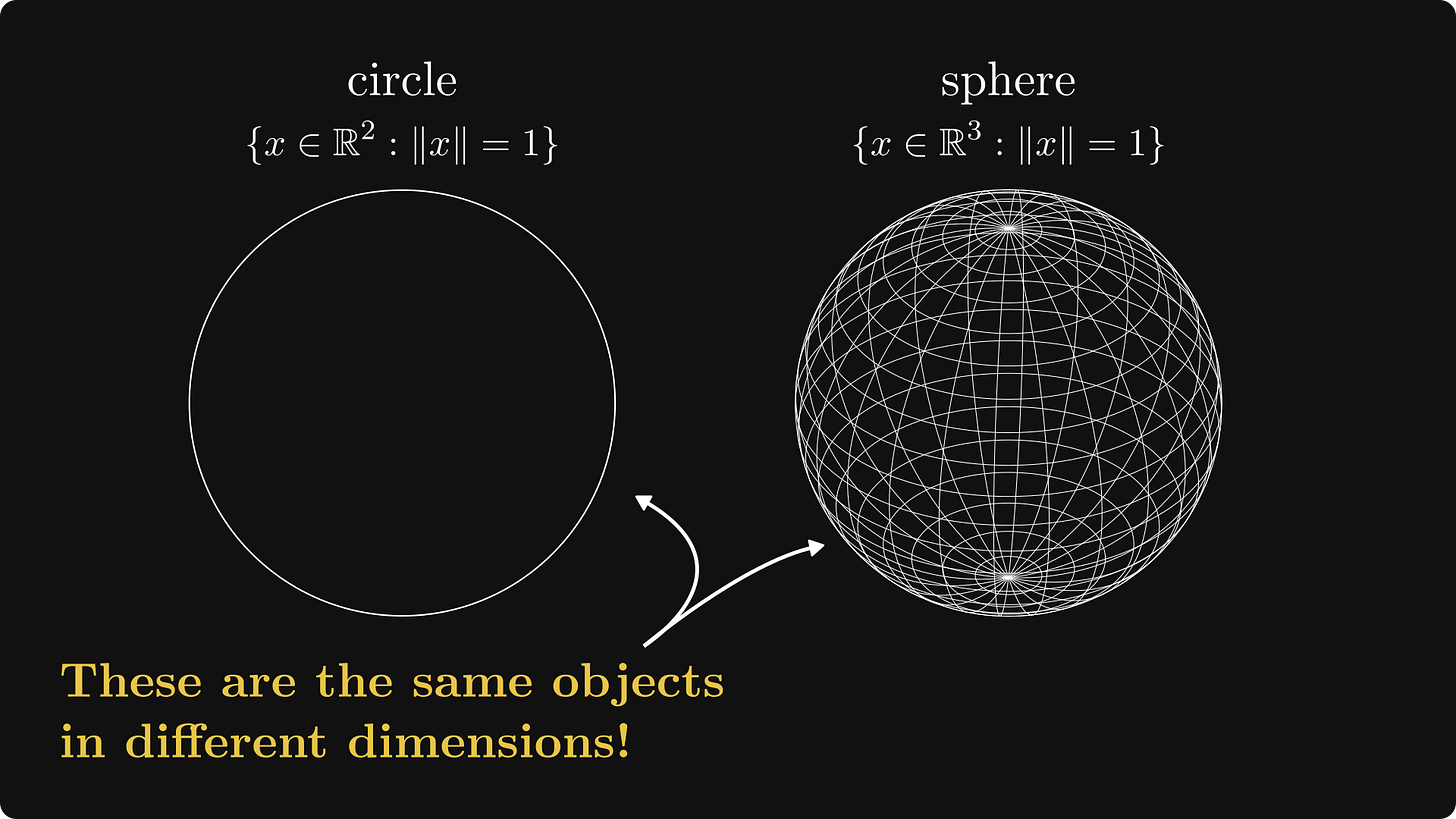The Most Important Skill You Were Never Taught
A practical guide to mastering problem-solving, the other 50% of your job in tech and science
Problem-solving is at least 50% of every job in tech and science.
Mastering problem-solving will make your technical skill level shoot up like a hockey stick. Yet, we are rarely taught how to do so.
Here are my favorite techniques that'll loosen even the most complex knots.
0. Is the problem solved yet?
The simplest way to solve a problem is to look for the solution elsewhere. This is not cheating; this is pragmatism. (Except if it is a practice problem. Then, it is cheating.)
When your objective is to move fast, this should be the first thing you attempt.
This is the reason why Stack Overflow (and its likes) are the best friends of every programmer.
1. Is there an analogous problem?
If A is analogous to B, and A plays a role in your problem, swapping them might reveal an insight into your problem.
An example: circles and spheres are analogous, as they are the same objects in different dimensions.
Thus, if you are facing a geometric problem that involves spheres, bumping it down a dimension can highlight a simpler solution that can be mapped to the source problem.
Quoting Stefan Banach (the inventor of functional analysis),
"A mathematician is a person who can find analogies between theorems; a better mathematician is one who can see analogies between proofs and the best mathematician can notice analogies between theories."
2. Wishful thinking
Sometimes, the best thing to do is pretend the solution exists and move forward.
I’ll illustrate this with a mathematical example. Let’s talk about the Singular Value Decomposition (SVD).



